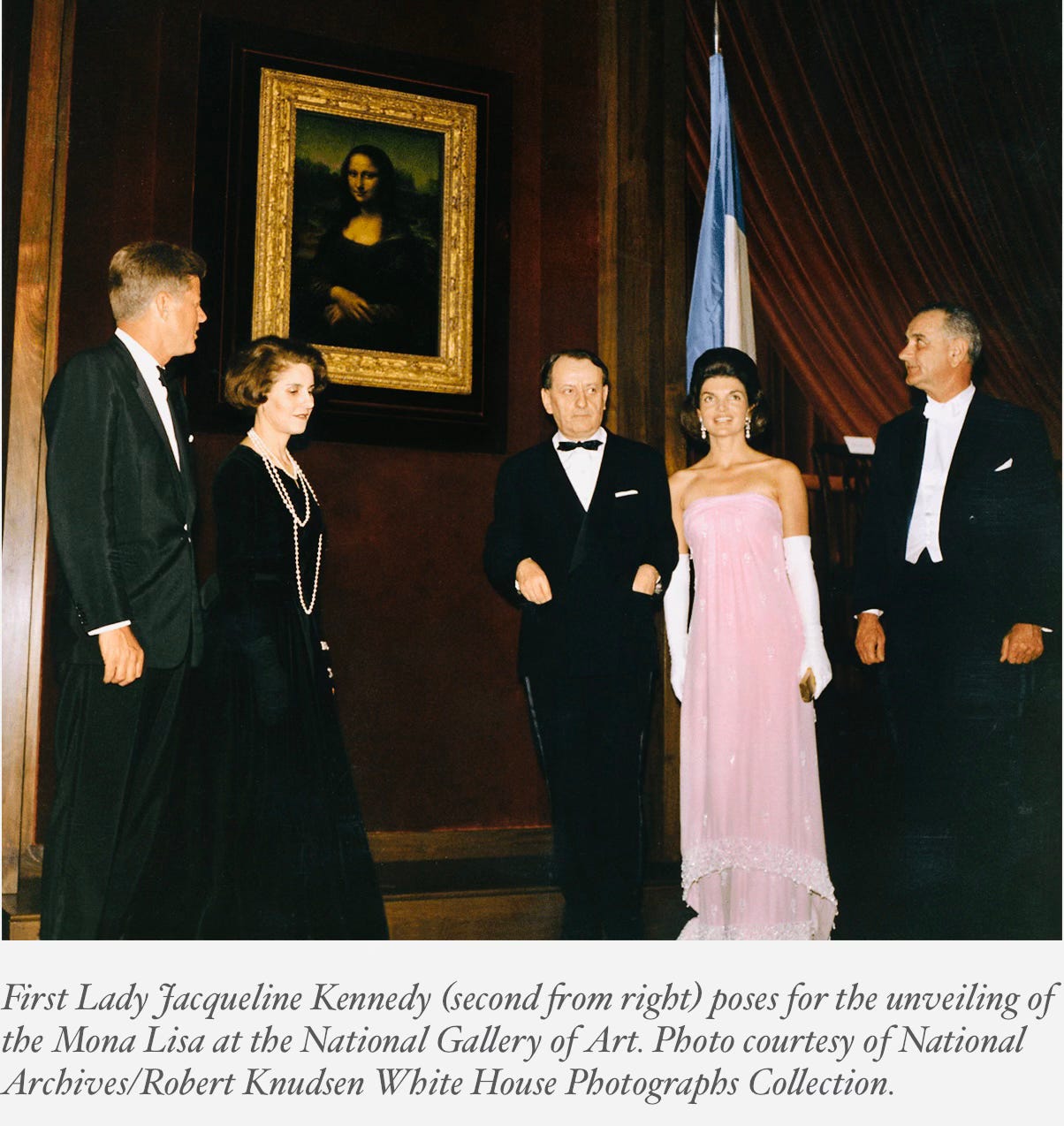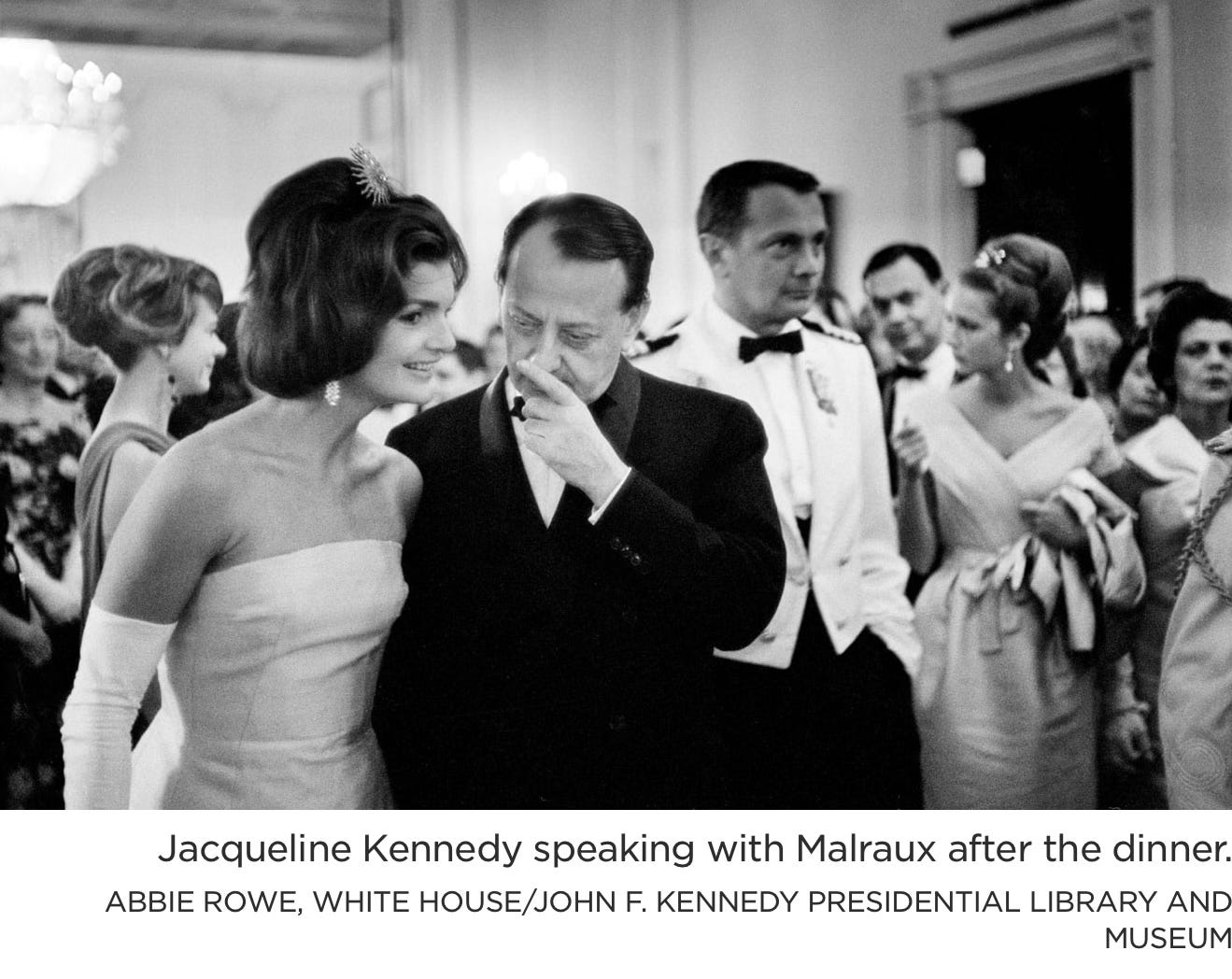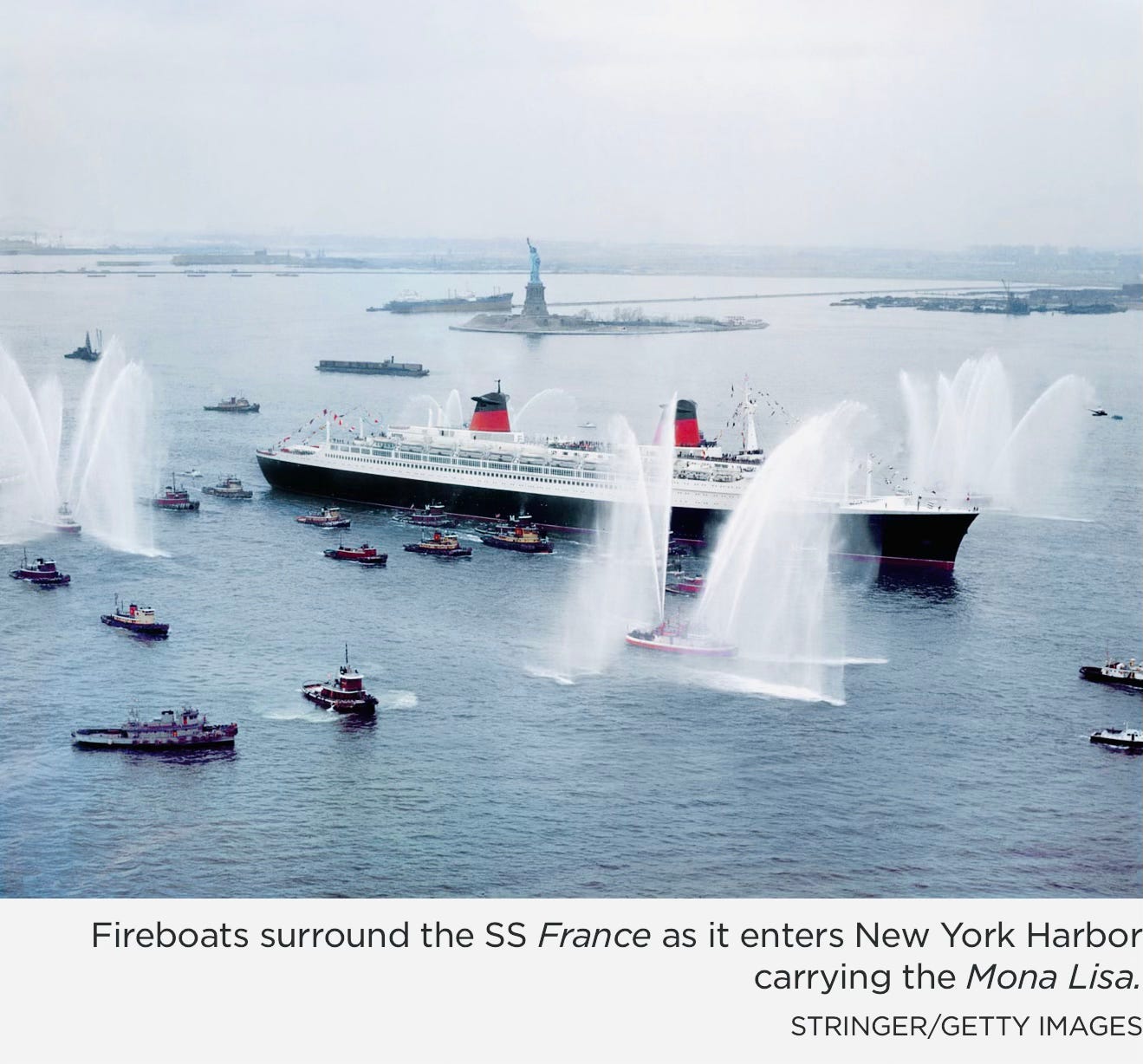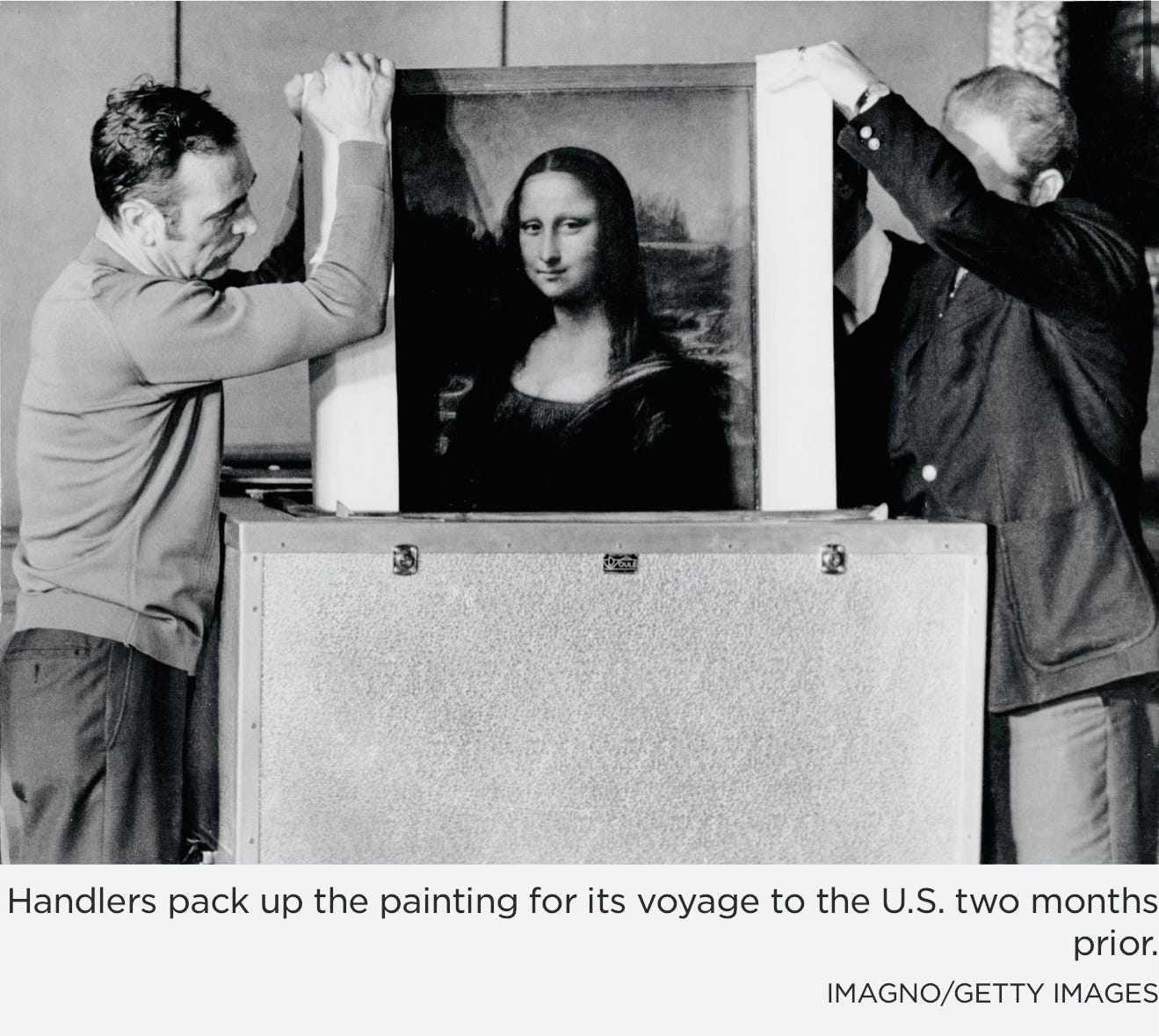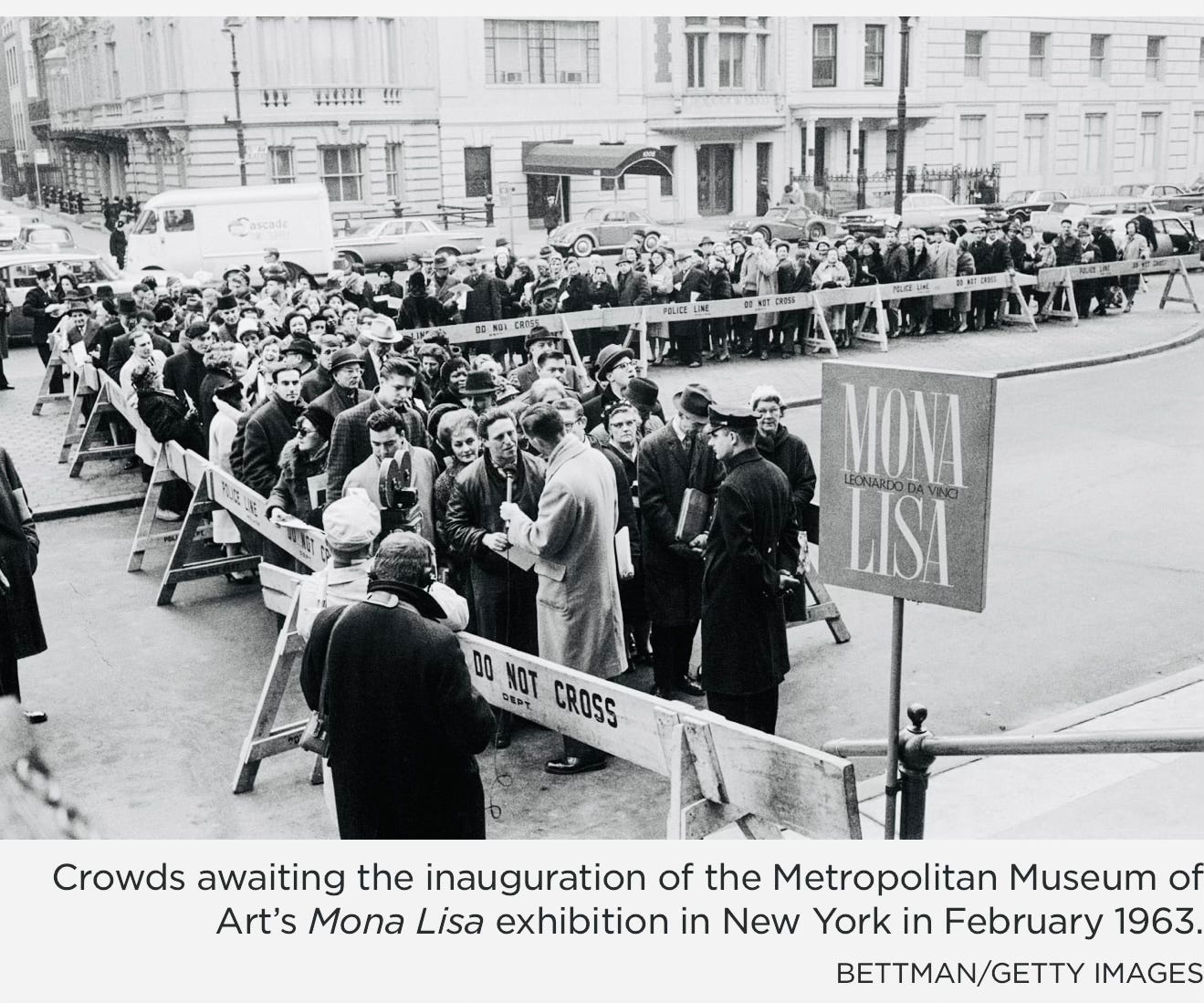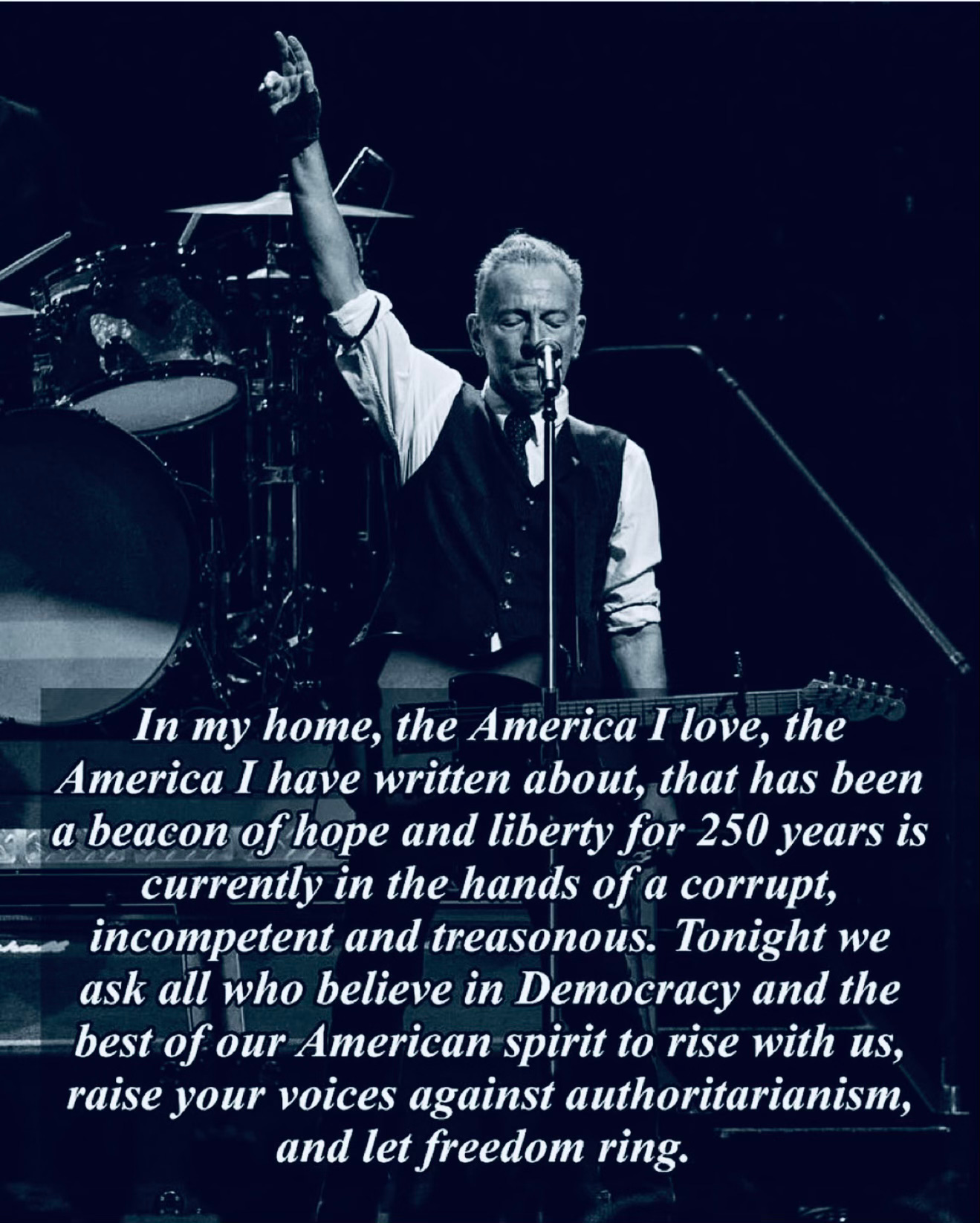How to win friends and influence people
The art of the meal.
When Jackie Kennedy became First Lady in 1960, she inherited a large, decaying, and sizable property that was The White House, also known as the American “People’s House.” She set out to painstakingly restore and transform it into the most glamorous of settings — its own show-stopping stage for the arts in America.
Poets, actors, singers, dancers, and musicians were selected to fine dine, and also perform, as the Kennedys sought to shine the spotlight on the arts in America and establish Washington, D.C. as a cultural center.
Jackie immersed herself in every detail of these White House dinners: the menu, the flowers, the candlelit quality, and of course, the guest list, which dazzled for its diverse representation.
The guests knew to arrive dressed to the nines and the vibe was pure glamour. Often of the white tie variety, and calling for couture. No naked dressing here.
At the White House, Jackie created her very own mid-twentieth century salon, reminiscent of the greats which first emerged in 16th century Italy, then France, and flourished in both countries through the 19th century.
In Italy, the salon was “galvanized by the presence of a beautiful and educated patroness such as Isabella d’Este or Elisabetta Gonzaga.”
In Paris, Gertrude Stein stole the show by featuring Pablo Picasso, Ernest Hemingway, F. Scott Fitzgerald, Sinclair Lewis, Ezra Pound, Sherwood Anderson, Henri Matisse, and Alice B. Toklas in her gatherings. Ernest Hemingway colorfully captured her work in A Moveable Feast, and Woody Allen’s Midnight in Paris brilliantly brings her salon to the big screen.
Salons were an important place for the exchange of ideas. The name derives from the Italian salone, the large reception hall of Italian mansions, and the salone is the actual room in which they occurred.
In creating her own salon, Jackie turned her unique depth of cultural fluency into hard currency for herself, and the Kennedy Administration, as an became an unparalleled diplomatic tool in Washington, and well beyond.
“And perhaps no other White House dinner had more personal meaning for Jacqueline Kennedy than the evening honoring French Minister of Culture André Malraux at The White House on May 11, 1962…For after-dinner entertainment violinist pianist Eugene Isthmian, and cellist Leonard Rose, performed Schubert’s Piano in B Flat Major”.
At the end of the evening, André Malraux whispered a promise to Jacqueline Kennedy that he would send her France’s most famous (literally priceless) Mona Lisa, to be displayed at the National Gallery in Washington, D.C. and The Metropolitan Museum of Art in New York, so it could be shared with millions of Americans.
Turning it into her very own traveling a pièce de résistance.
Jackie Kennedy proved soft power creates critical connection and breaks down barriers. Per former U.S. Vice President Kamala Harris to Vogue this month, “Art has always had a significant impact on not just culture, but also our policies and politics.”
As our democracy hangs in the balance, and human decency per my column last week “Holy plot twist,” the moment has found us and existentially so. Especially since the Trump administration 2.0 seems hell-bent on destroying the arts in America.
Case in point: three weeks into this administration, Trump fired members of the board of trustees of The Kennedy Center, in Washington, D.C., installed himself as its chairman. He also declared among other things, that he would put an end to events there featuring performers in drag.
The Kennedy Center was imagined, designed, and hands on brought to fruition by Jackie, as a national salon for the arts, in tribute to President John F. Kennedy.
So this chess move by team Trump is as politically menacing as it feels. Times infinity.
The White House, the People’s House, has been stolen from us, and we must reclaim it through the power of the arts. We must now turn our entire country into The People’s House for the Arts.
Musicians, writers, painters, photographers, and poets have the power to shift cultural perspective and political opinion. To quickly inform and influence the individual and collective. Behind truth, democracy, and the inalienable rights of all.
Bruce Springsteen, courageously made the following statement onstage in Manchester, England last week, for which he is now being “investigated” by the Trump Administration.
Per The Hill: The arts spark dialogue during times when honest conversations about race, identity and history are most needed. In a time of shifting alliances and political uncertainty, freedom of artistic expression can help build trust, and foster dialogue.
Each one of us must choose, like Bruce Springsteen, to turn cultural fluency into our own personal and political currency to support of our nation’s values.
We must choose to embrace elegance as advocacy, grace as geo-politics, fashion as foreign policy, inclusion as always impeccable, and refinement as resistance.
Just like Jackie did.


